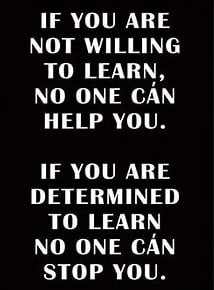Aero.Aspirant
Aerospace
- Jul 12, 2024
- 2
Greetings all,
I have just completed my first year as an Design engineer working for a small aerospace company producing various STCs for varying air frames. I graduated college with an undergraduate's degree in mechanical engineering with a "good" (for an undergrad) background in aircraft structural design and stress analysis.
My current work is more focused on modeling and design work for interior and structure related projects. My company is offering to pay for a course / certification of my choosing for either structural analysis or design.
I was wondering if you guys had any recommendations for useful / interesting coursework which would result in a professional certificate. The standard course they offer is the Practical Stress Analysis for Design Engineers by Flabel. Frankly I am interested in taking that but I just wanted to make sure I am not missing out on the opportunity to take a more fundamental or recognized course.
I am open to suggestions!
(I have academic with Bruhn, Niu, and Roark. Are there any programs which would certify my ability to implement portions of their methodologies in a professional setting?)
I have just completed my first year as an Design engineer working for a small aerospace company producing various STCs for varying air frames. I graduated college with an undergraduate's degree in mechanical engineering with a "good" (for an undergrad) background in aircraft structural design and stress analysis.
My current work is more focused on modeling and design work for interior and structure related projects. My company is offering to pay for a course / certification of my choosing for either structural analysis or design.
I was wondering if you guys had any recommendations for useful / interesting coursework which would result in a professional certificate. The standard course they offer is the Practical Stress Analysis for Design Engineers by Flabel. Frankly I am interested in taking that but I just wanted to make sure I am not missing out on the opportunity to take a more fundamental or recognized course.
I am open to suggestions!
(I have academic with Bruhn, Niu, and Roark. Are there any programs which would certify my ability to implement portions of their methodologies in a professional setting?)

